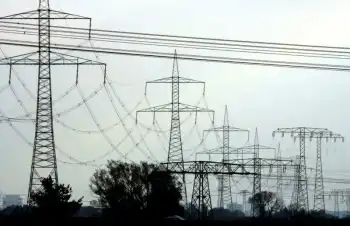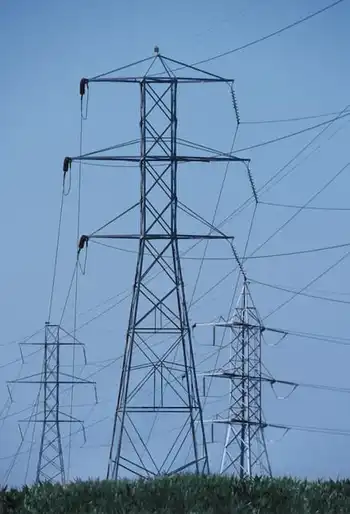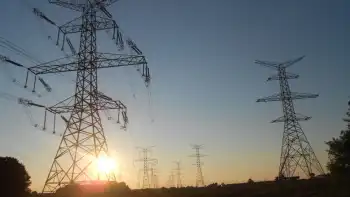Seeing the light
By Investor's Business Daily
NFPA 70b Training - Electrical Maintenance
Our customized live online or in‑person group training can be delivered to your staff at your location.

- Live Online
- 12 hours Instructor-led
- Group Training Available
It's the same in Britain. The greens, highly skilled at fueling fear, are outraged by the government's approval for a new generation of nuclear power plants built by the private sector. There are already reports that they will try to use the courts to block plant construction.
The difference, though, is that British politicians and government officials have more courage than their U.S. counterparts on this issue. They appear to be willing to buck the strong, well-funded environmental lobby and make prudent decisions.
Britain gets about 19% of its electricity from nuclear plants, roughly comparable to the U.S. Nearly 80% of France's electric power is produced by nuclear plants.
The measure is significant. The U.S. Nuclear Regulatory Commission found that if America were to rely on nuclear power to the same degree that France does, our country could achieve the requirements of the Kyoto Protocol.
It seems that if environmentalists really believed in Kyoto — as worthless and needless as it actually is — they would be promoting nuclear power as a means to save the Earth from the global warming scourge they believe is imminent.
Some are. Stewart Brand, the creator of the Whole Earth catalog and a founding father of the environmentalist movement, has endorsed nuclear power as a way to "decarbonize energy production." So has Patrick Moore, a co-founder of Greenpeace, which has been one of the most militant opponents of nuclear energy.
Sir David King, the outgoing chief scientific adviser to the British government, is another who has come to realize that a new generation of nuclear plants will be needed, particularly in light of the fact that most of Britain's 10 nuclear plants will reach the end of their useful lives by 2023.
There must be something about Great Britain, because British scientist James Lovelock was among the first well-known environmentalist to approve nuclear power as an alternative to greenhouse gas fuels. Hugh Montefiore, a former Anglican bishop and board member of Friends of the Earth U.K. who died in 2005, was another proponent of nuclear energy.
But not enough on the eco-left have been converted. Seeing another Chernobyl behind every cooling tower, Greenpeace not only opposes building new plants but also wants to shut down reactors in use.
We shudder when we think of the kind of world such groups want everyone to live in.
While Britain is literally going nuclear, China — which has plans to build 40 nuclear power plants over the next 12 years — and India, growing economic tigers both, are looking to the immense coal reserves in Asia to meet their increasing energy needs in a world where oil prices sometimes seem to have no ceiling.
U.S. policymakers, though, can't even work up the gumption to draw on the resources we have in our own country. We can't drill in the Arctic National Wildlife Refuge. New development off our coasts is choked by ill-advised legislation and regulations.
As eco-activists continue their campaign of hostility toward anything but renewables and spineless politicians let themselves be intimidated, our energy needs and dependence on foreign sources keep growing. It's a recipe for long-term economic misery.
This country wasn't founded on political weakness and raving hysteria, and it can't be expected to forge ahead under their burden. We don't have much of a future if those character failures aren't eliminated.











